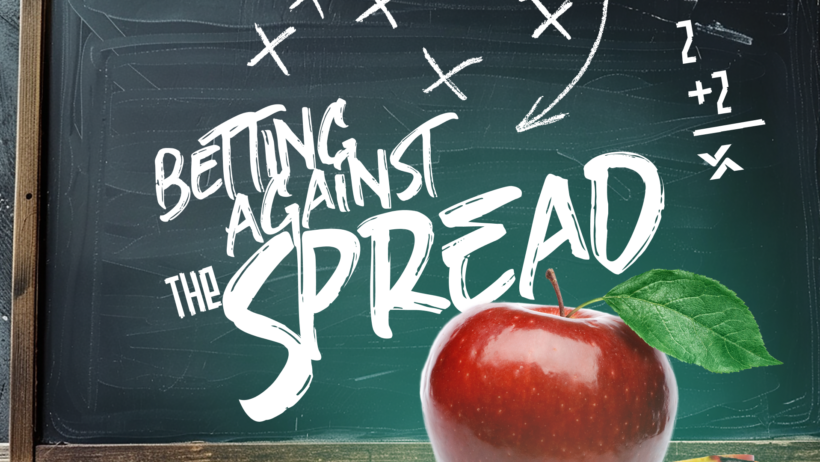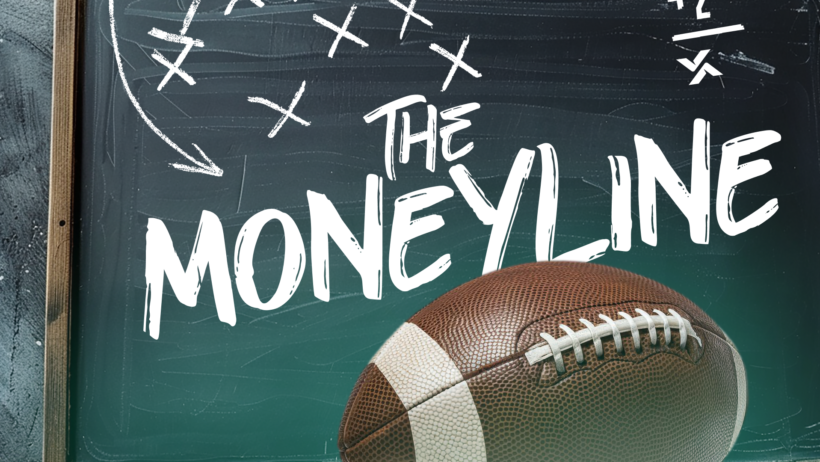The Comprehensive Beginner’s Guide to Sports Betting
Anyone has the potential to be a sharp sports bettor with the right info. That’s why SBD put all the fundamentals into our introductory series for new bettors: Sports Betting 101. Learn about the types of sports bets you can place, how to read odds, and how to manage your bankroll to get the most value out of your wagers. We’ll break down some confusing terms you might encounter while getting started and walk you through some basic considerations to think about before placing a sports bet online. Let’s get started!
Sports Betting 101 Top Guides
All Sports Betting 101 Articles
- How to Read Sports Odds
- Moneyline Explained
- Betting Against the Spread
- Over / Under Betting
- Parlays & Teasers
- Grand Salami Betting
- Prop Bets
- Futures Bets
- Mobile Bets
- Live Betting
- Head-to-Head Bets
- Bankroll Management
- Using Betting Units
- Common Sportsbook Rules
- The Most Common Betting Mistakes
- Online Betting vs. Vegas
- What Is the Vigorish / Juice?
- Betting Against the Public
- Daily Fantasy Sports (DFS) and Sports Betting
- Buying Points
- Where Do Sports Odds Come From?
- Where Does the Point Spread Come From?
- Why Was My Bet Cancelled?
- What Is Action / No Action?
- Three-Way Moneyline Bets
- Dual Lines
- Why Can't I Access My Sportsbook?
- Dead Heat Betting
- What Is An If Bet?
- Season Win Total Betting
- What Is Self-Exclusion?
- What Are Betting Exchanges?
- Practice at Free Online Betting Sites
- Pleasers vs Teasers
- Understanding Expected Value & Variance
- Using Key Numbers
- What Happens with a Push?
- What Is Strength of Schedule?
- What Is Courtsiding?



